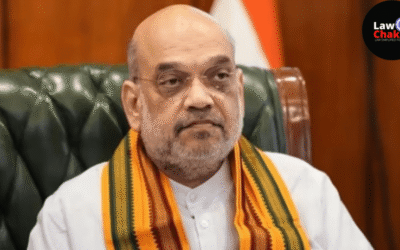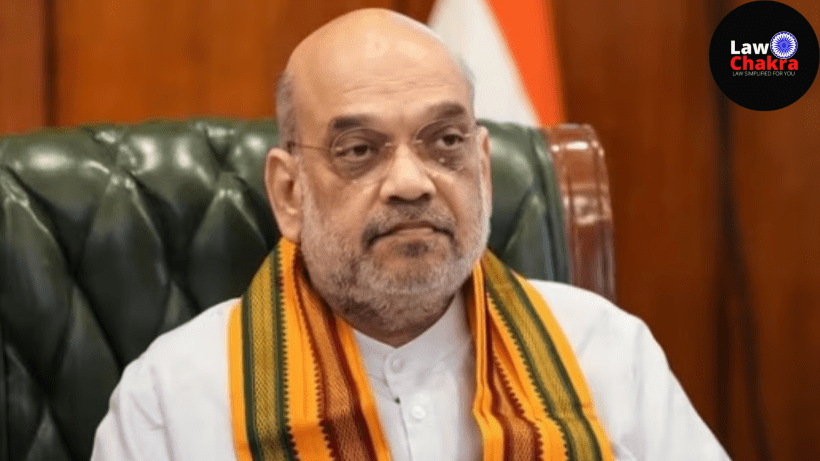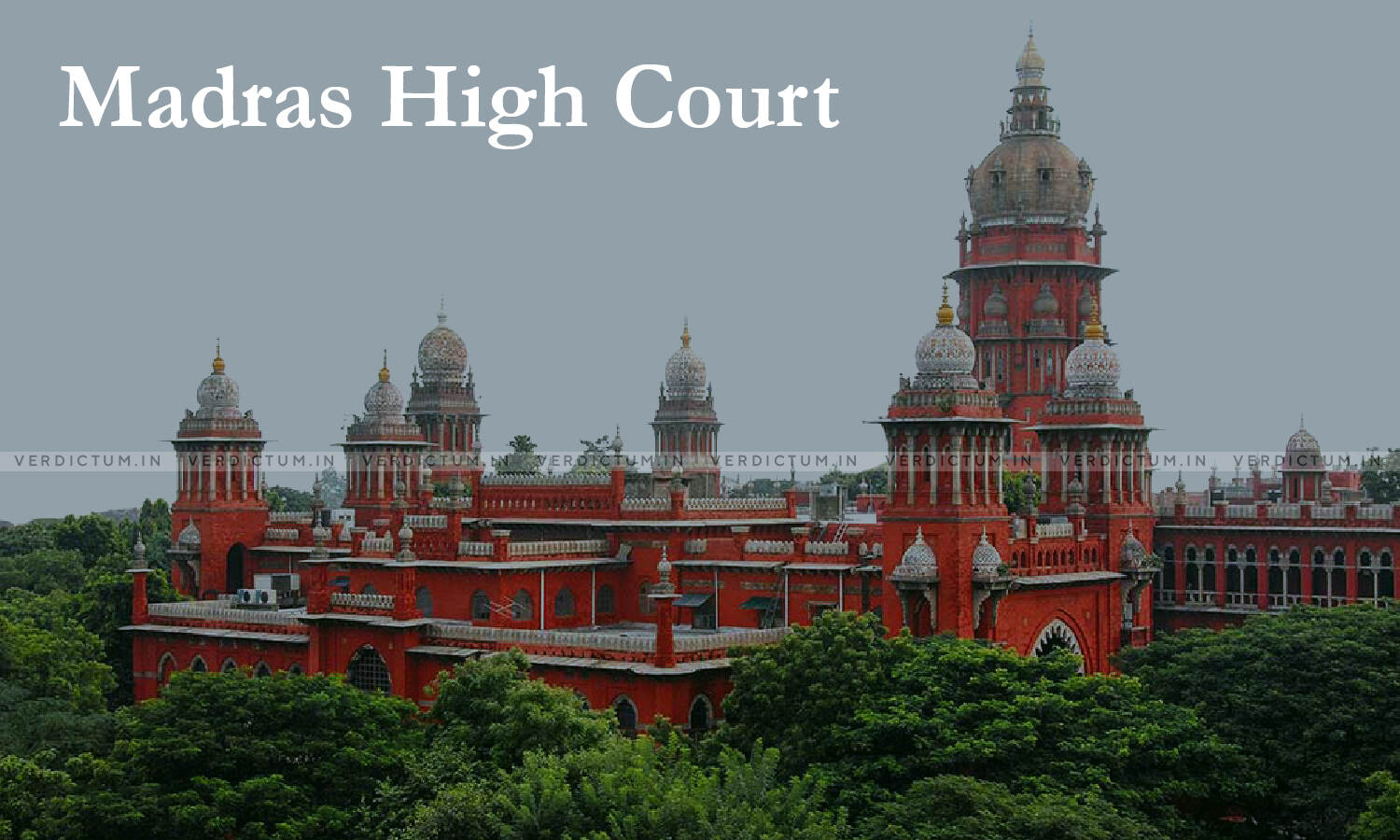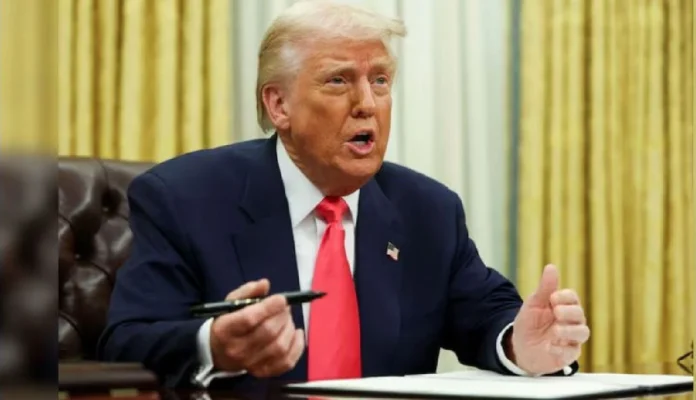P&H High Court Warns Against Baseless Pleas Challenging Competitive Exam Answers, Says Integrity Of Experts Can’t Be Allowed To Erode
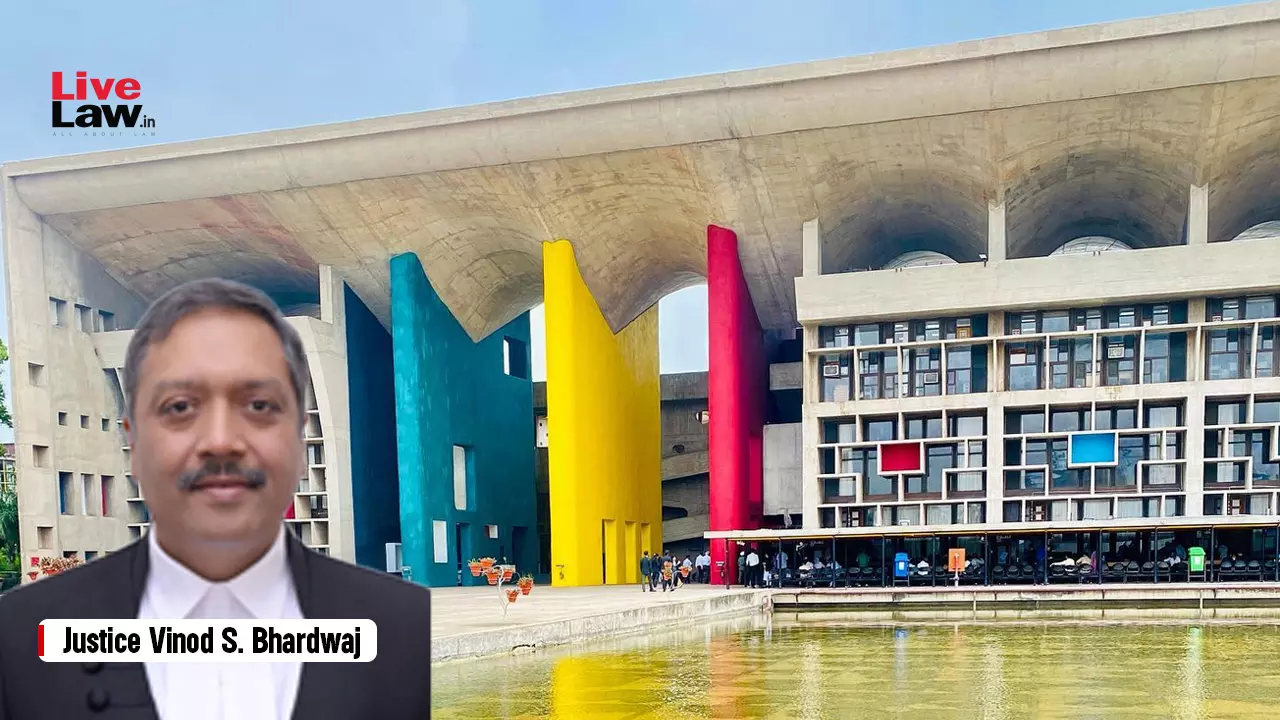
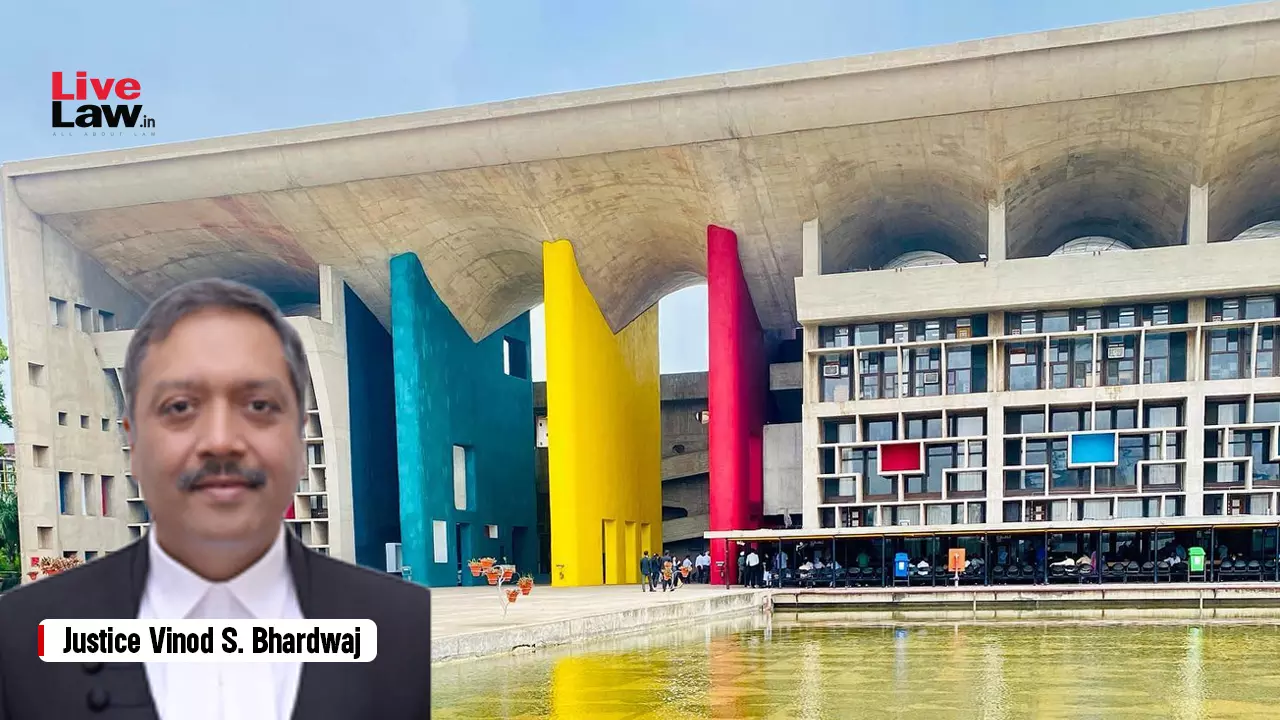
The Punjab and Haryana High Court has issued a stern warning against the filing of meritless petitions that challenge the answers or evaluation methods of competitive examinations.
The development ensued while hearing a plea challenging the answer key issued by the Haryana Staff Selection Commission for the post of Junior Engineer (Civil).
Justice Vinod S. Bhardwaj noted that the petitioner, by relying on responses received under the Right to Information Act and misapplying the content of scholarly research papers, sought “to project his own understanding” as superior to that of a duly constituted Expert Committee comprising subject-matter specialists.
The judge opined that this approach not only undermines the credibility of objective expert determination but also reflects a lack of due diligence and academic discipline.
It added further that such petitions, filed with misplaced confidence and without adequate legal or academic foundation, have the tendency to encourage similarly ill-founded litigation by other unsuccessful candidates.
“This results in an undue burden on the judicial system and a diversion of precious time and resources from matters involving genuine constitutional or legal questions,” the Court further said.
Adding a word of caution the bench said that if similarly misconceived and unmeritorious petitions are brought before the Court seeking to substitute judicial opinion for expert academic conclusions without any demonstrable illegality, arbitrariness or mala fides, “the same shall be dealt with sternly, and appropriate costs shall be imposed to deter abuse of the judicial process.”
The sanctity of competitive examinations and the integrity of expert assessments cannot be allowed to be eroded through unwarranted litigation, said the Court.
The Court was hearing a plea filed by a candidate who appeared in the Haryana Staff Selection Commission for the post of Junior Engineer (Civil) exam, challenging the answer to a question.
Lakshay Chahal argued that the correct answer to “the river originating from the Har-ki-Dun glacier in West Garhwal” was “Yamuna,” and not “Sarswati” as indicated in the answer key.
After examining the submissions, the Court noted that the petitioner’s grievance is premised solely upon his own interpretation of the geographical and hydrological origin of the Yamuna River.
To bolster his claim, reliance was placed on information obtained under the Right to Information Act from the Haryana Sarasvati Heritage Development Board.
However, the Court found that the reliance so placed is clearly misplaced, referring to the cited research paper, it said that the petitioner indulged “in a selective and erroneous reading of the same.”
Expressing concern, the Court said it was expected of the counsel to have gone through the entire report before placing reliance on the same or attempting to convince the Court.
Court Is ‘Expert Of Experts’
The Court rejected the petitioner’s argument that the Court is not an expert and cannot decide which answer is correct and as the report of the expert has not been placed on record.
“At the outset, law recognizes courts as an expert of experts. Hence, the submission does not find support under the Evidence Act. Besides, the question cannot be said to be a very technical subject for which any special skill is required. The question pertains to Geography at a school level and is not some complex geographical concept,” it added.
The judge said that these basic questions may not always require an expert report if the prima facie material relied by petitioner itself does not support his argument, and it can always examine the material relied upon by the respective parties and then record its satisfaction.
The Court further clarified that it is not treating itself as an expert but has already before it two expert reports relied on by respective parties and is deciding which one is satisfactory.
Justice Bhardwaj also highlighted that the Commission, in discharge of its statutory functions, has constituted a body of subject-matter experts who have collectively and after due deliberation prepared the final answer key.
Adding that competitive examinations of this nature are marked by intense competition and minimal margins for error, where even a difference of one mark may result in a candidate’s success or failure, it said that, “Allowing individual candidates to question the correctness of answers as determined by domain experts would open floodgates of litigation and undermine the finality of the selection process. “
Observing that “irregularity, procedural lapse, or violation of rules has been brought to the fore by the petitioner”, the Court dismissed the petition.
Mr. R.K. Malik, Sr. Advocate with Mr. Kartikey Chaudhary, Advocate, for the petitioner(s).
Mr. Rahul Dev, Addl. AG Haryana.
Title: Lakshay Chahal v. Haryana Staff Selection Commission and another

